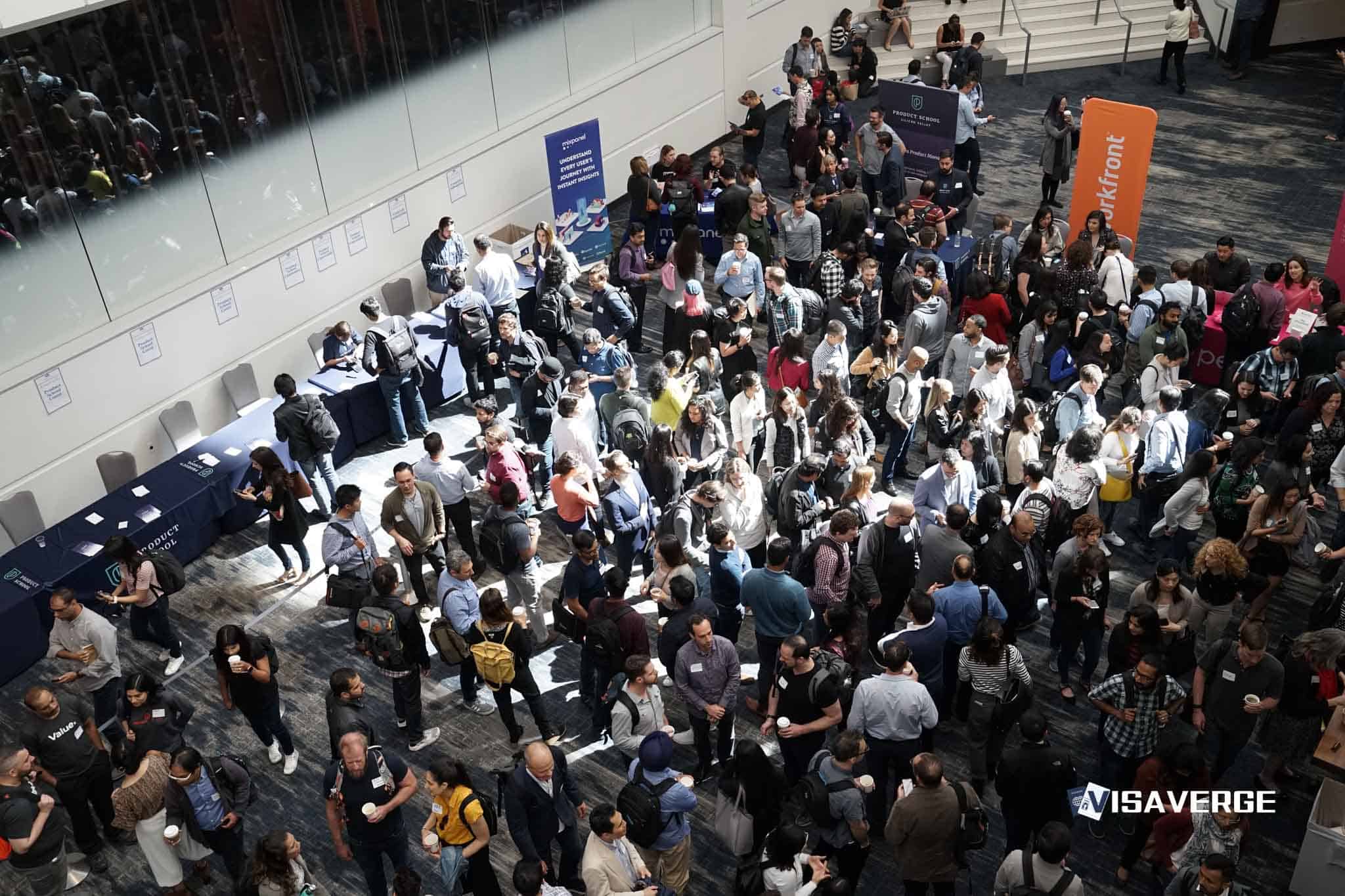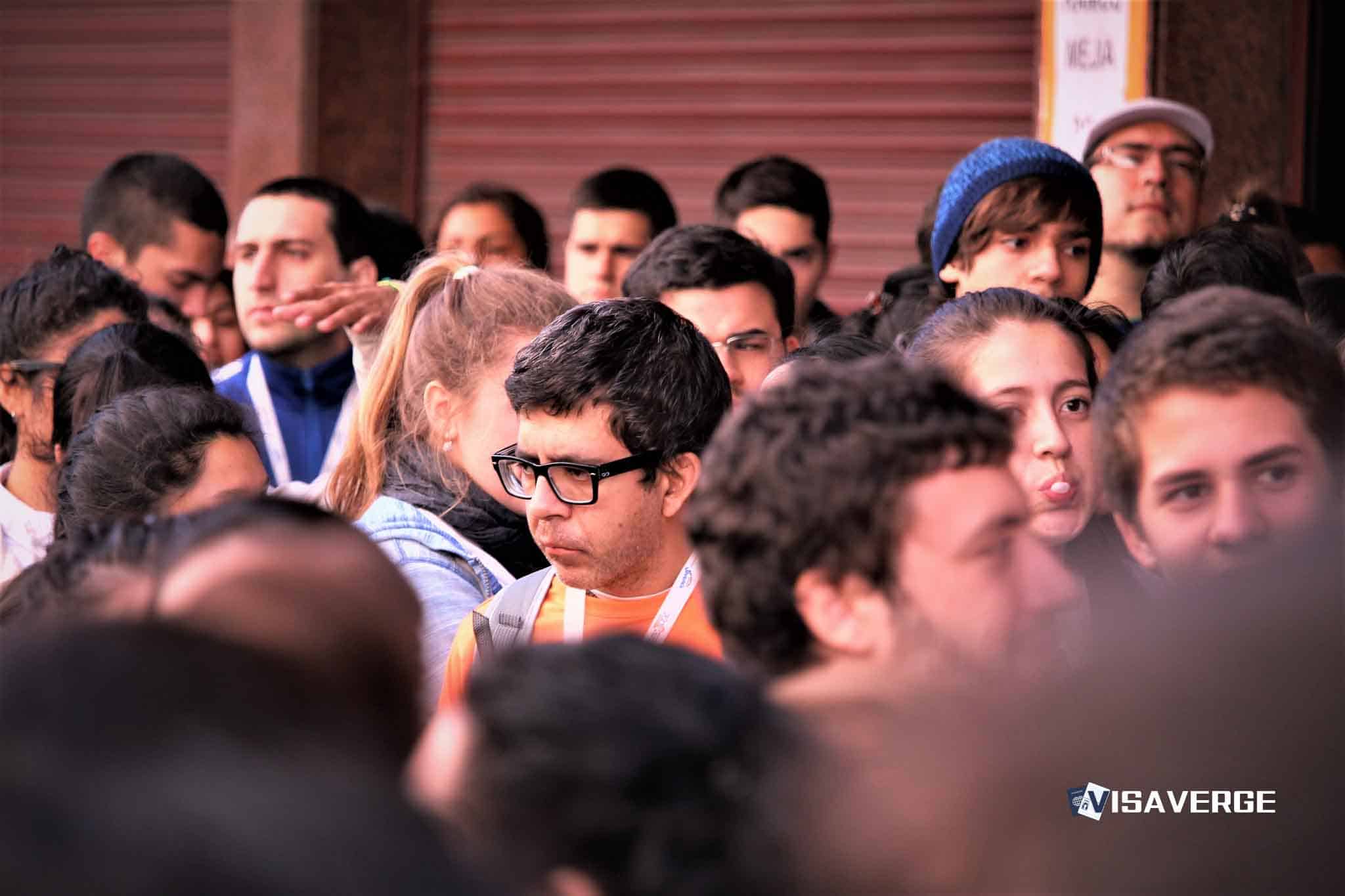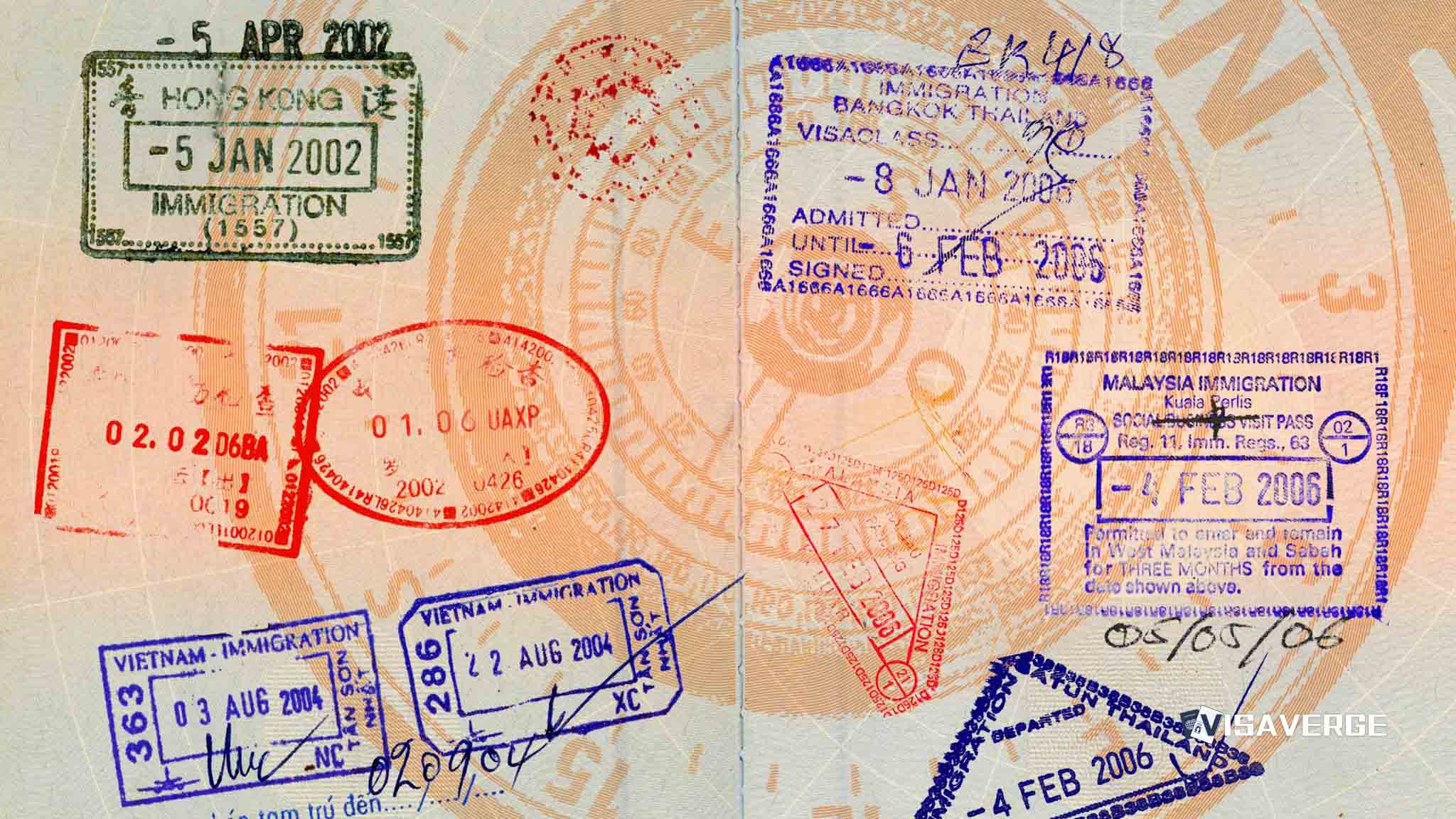(UNITED STATES) Maahir Gupta’s plainspoken account of study abroad lands at a time when universities say they are putting well-being and community front and center. The student from India arrived at the Georgia Institute of Technology and later spent a semester at Oxford, and his words capture both the promise and the strain that many international students feel.
“Everyone minds their own business… encourages each other to grow… and prioritises health and happiness just as much as work,” he said, describing the shift he felt after leaving a more test-focused track at home.

From competition to collaboration
Gupta’s take paints a clear contrast: less rivalry, more peer help. He believes that kind of setup lets people “grow faster, stronger and better together exponentially in the long run.”
In practical terms, that means:
– Classrooms and labs where collaboration is normal.
– Asking for help isn’t seen as weakness.
– Students look out for each other during heavy weeks.
That move from a hyper-competitive pace in India to a supportive model at the Georgia Institute of Technology fits with broader campus steps in 2024–2025 to build community, expand counseling, and cut stigma around stress. Universities across the United States have lifted up peer mentoring and cultural clubs so students can find friends and routines faster. Gupta’s experience echoes those steps without losing sight of the work: the academics are intense, but the culture around them feels different.
Identity, culture, and belonging
He’s firm that study abroad did not blur his roots. “I don’t think I lost the Indian in me, but going past the lead, I gained the world,” he said.
This line addresses a common family concern: the fear of losing culture versus the hope of wider opportunities. Gupta’s message is that both can coexist—pride in where you’re from, plus a wider view shaped by new places, professors, and friends.
His semester at the University of Oxford reinforced that idea. He recalls learning with classmates from many countries and finding the same humor, worries, and hopes.
“Deep down we are all the same. We think the same, laugh at the same jokes, ache in the same sorrows, look up and wonder in the same sky and pray to the same God.”
That simple line explains why many students say global classrooms change how they see people, not just how they study.
The emotional toll: homesickness and family ties
Gupta does not gloss over the hardest part. “One thing no one can prepare you for is how much you are going to miss your family. You must do what you must to make them proud.”
Homesickness remains the quiet hurdle for many who move abroad. It can:
– Rise at random hours.
– Sit between texts from home.
– Press hardest during exams or holidays.
For all the growth and opportunity, the pull of home is real.
Key themes from his journey
- Academic culture shift: less competition, more collaboration, and care for health.
- Cultural connection: finding common ground in mixed classrooms.
- Identity and pride: keeping one’s roots while adding a wider view.
- Emotional weight: steady care for family ties and the ache of distance.
Institutions and environments that shaped the path
The Georgia Institute of Technology emphasizes global work and cross-campus projects, a natural stage for students like Maahir Gupta who want to build skills and networks. Oxford, with its traditions and international draw, added exchange with new mentors and a broader peer group.
Together, these settings form a practical path many students follow:
1. Build technical depth in the United States.
2. Add global range in Europe.
3. Carry both experiences forward in career and life.
Campus supports and practical services
Universities have boosted supports that match Gupta’s description:
– Welcome weeks and peer groups.
– Early signposting to mental health services.
– Programs that encourage students to talk if stress builds.
While offerings vary by campus, the thread in 2024–2025 is clear: academic aims and care for people go hand in hand.
For official guidance on studying in the U.S., start with the U.S. Department of State’s student visa page:
https://travel.state.gov/content/travel/en/us-visas/study/student-visa.html
Students often review that page before booking travel or planning housing so they can match school dates with document timelines.
According to analysis by VisaVerge.com, stories like Gupta’s show a wider pattern: strong academic goals paired with steady attention to mental health, peer care, and cultural pride. That blend tends to carry students through the first tough months, when time zones feel long and small tasks—bank accounts, phone plans, food—take more energy than expected.
Practical tips for the early months abroad
- Set up weekly calls with family. A rhythm helps with the ups and downs.
- Join at least one cultural club and one academic group. That mix anchors heart and mind.
- Ask early about tutoring, office hours, and writing help. Support exists by design.
- Keep a simple budget and track first-month costs. Financial surprises add stress fast.
- Share meals. Food eases homesickness and sparks friendships.
Limits of campus support and continuing challenges
None of this removes the harder days. Some students face:
– Bias and discrimination.
– Tight budgets and limited resources.
– Health hurdles and family pressure to excel.
Campuses can’t solve all problems, but they can create places where students feel seen—through trained staff, clear policies, and peers who reach out when someone goes quiet.
A message to parents and students
Gupta’s remarks speak directly to parents who fear their child may forget where they came from. His answer is both gentle and firm: the move can widen, not erase, identity.
Students can:
– Cheer for their home team.
– Cook the food they grew up with.
– Speak their mother tongue with pride.
At the same time, they can gain new habits, mentors, and ideas. The two sides can support each other.
Final takeaways
Gupta’s view of study abroad is both hopeful and honest. It offers room to grow—and room to miss home. It asks students to:
– Lean on friends.
– Guard sleep and health.
– Keep family close even across oceans.
That balance, he suggests, is what lets a young person carry the best of their past into a larger future.
For readers weighing their own path:
– Choose a school that cares for community as much as grades.
– Plan for the emotional cost, not just flights and forms.
– Build your circle early.
– Hold tight to your roots while reaching for the wider world beyond them.
This Article in a Nutshell
Maahir Gupta’s story captures study-abroad tension: intense academics paired with collaborative communities. He kept Indian identity, found peer support, and urges students to join clubs, use counseling, and maintain family ties to manage homesickness and build resilience during early months abroad.













